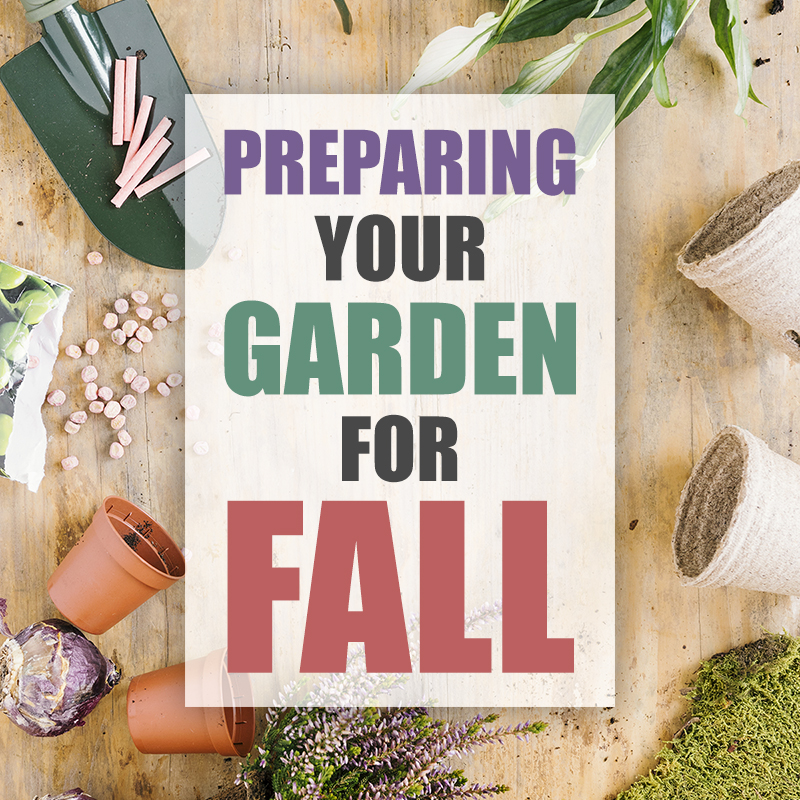by Ingrid Justick:
Vol. 27, No. 3
Making a few changes in your autumn garden cleanup routine benefits the soil and ultimately the health of your plants. Keeping fallen leaves and trimmings in the garden adds essential organic matter to the soil. This in turn provides food for worms and a host of other beneficial soil-dwelling creatures that break down the material, improving soil structure and delivering valuable nutrients to plants.
Instead of sending valuable organic matter to our local landfills, please recycle it into nutrient-rich compost, used for mulch, or place it in piles to provide a winter habitat for wildlife.
At summer’s end, insects take refuge in garden debris and in dry stems for over-winter protection, otherwise their blood freezes. Insects are a necessary component to plant pollination; beneficial insects help keep pests under control. Insects also serve as an essential food source for many birds and other animals. It is a natural cycle that makes a healthy ecosystem.
Removing spent flowers during the growing season will help plants to bloom longer, but once fall arrives and plants are near the end of their flowering cycle, they can be left to mature, to produce seeds, which serve as an important food source for seed-eating birds. By leaving some garden trimmings in planting beds, you are creating a natural habitat for ladybeetles, pollinating bees, praying mantis and other beneficial insects.
One of the most labor-saving, cost efficient and environmentally friendly things you can do is to leave your grass clippings on the lawn. Since grass clippings are mostly water, they decompose rapidly, so there is no thatch buildup. “Grass-cycling” also adds organic matter, stimulates the activity of earthworms (which act as a nature’s soil aerators) and turn a natural source of nitrogen back into the soil.
Unless your garden is very large, consider raking your leaves rather than using a blower or vacuum. Raking does not produce the noise or the pollution of machinery and is a healthy form of exercise.
While doing your fall cleanup, please remember that less is more of benefit to our environment, our resources and our day-to-day lives, as well as the ecosystem of our gardens.
Let us be friends with our earth, with gentleness, respect, love
and hope for a beautiful tomorrow.








